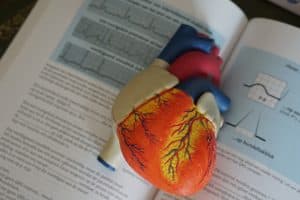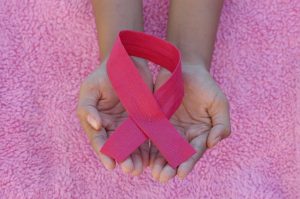
Merck Ebola vaccine safe and effective in latest trials
pharmafile | April 2, 2015 | News story | Research and Development, Sales and Marketing | Ebola, Merck, National Institutes of Health, VSV-ZEBOV, Vaccine, Walter Reed Army Institute of Research, newlink
Merck and NewLink’s experimental Ebola vaccine has been found to be safe and effective in a new trial in the US.
The VSV-ZEBOV vaccine elicited robust antibody responses in all 40 of the patients who received it in the Phase I study, which was conducted at the National Institutes of Health (NIH) and Walter Reed Army Institute of Research (WRAIR).
Ninety-three per cent of the patients tested at 14 days after infection developed antibodies against the Zaire species of the Ebola virus. Responses were approximately three times greater in those who received a higher dose.
“The prompt, dose-dependent production of high levels of antibodies following a single injection, and the overall favorable safety profile of this vaccine, make VSV-ZEBOV a promising candidate that might be particularly useful in outbreak interventions,” says Dr Richard Davey, one of the leaders of the study.
The most common side effects were injection site pain and transient fever that appeared and resolved within 12 to 36 hours after vaccination.
Another study at the University Hospital of Geneva was temporarily halted when patients complained of joint pains after two weeks, but the NIH team says that no such side-effects were reported in their study.
Several trials for the vaccine are underway in different countries around the world. This includes the Phase II/III PREVAIL study in Liberia, one of regions most affected by the current Ebola outbreak, which has also suggested that the treatment is safe.
The PREVAIL trial has also shown GlaxoSmithKline’s candidate to be safe, and similar studies are being conducted for ZMapp from US biotech firm Mapp.
Merck entered into a licensing agreement with NewLink Genetics in November 2014, gaining the rights to the vaccine and any follow-on products. The drug was originally developed by the Public Health Agency of Canada (PHAC), and under the license arrangements the PHAC retains non-commercial rights to the medicine.
It is based on genetically-modified version of the vesicular stomatitis virus (VSV). A gene for a VSV protein is replaced with a gene from a protein in the Zaire species of Ebola. As the drug does not contain the whole virus, patients cannot be infected with the virus.
“The ongoing Ebola outbreak in West Africa is unprecedented in scope and duration,” says Anthony Fauci, director of the National Institute of Allergy and Infectious Diseases (NIAID), part of the NIH. “The outbreak is slowly coming under control, thanks to extraordinary and multi-faceted efforts in the affected nations. However, there still are no licensed specific therapies or vaccines for Ebola.
“Until a safe and effective inoculation is available, the world will continue to be under-prepared for the next outbreak.”
George Underwood
Related Content

TILT Biotherapeutics shares data on TILT-123 with Keytruda for ovarian cancer treatment
TILT Biotherapeutics has announced promising preliminary safety and efficacy data from its ongoing phase 1 …

FDA approves Merck’s Winrevair for PAH treatment
Merck, known as MSD outside of the US and Canada, has announced that the US …

Merck shares results for Keytruda in cervical cancer treatment
Merck, known as MSD outside of the US and Canada, has announced positive results from …








